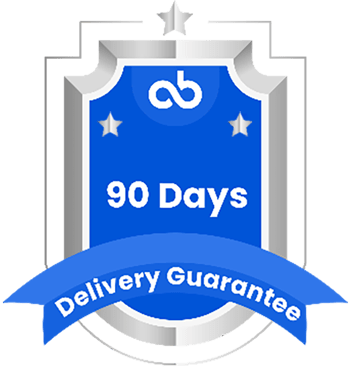8 Reasons Why Enterprise Resource Planning (ERP) Is Crucial
With the global ERP software market expected to be worth $41.69 billion by the beginning of 2021, the impact of these systems is evident.
8 reasons why enterprise resource planning (ERP) is crucial in 2022
Increased Savings
Although many vendors have introduced flexible pricing in recent years, ERP packages are still a big investment. But once you get past the sticker shock, it’s easier to see how ERP can provide an excellent ROI.
First, ERP unifies many of the systems that may currently be fragmented in your organization. With ERP, users don’t have to hunt down a piece of information across multiple systems. Moreover, your organization saves money with ERP by eliminating the need for users to be trained on several systems.
Improved collaboration
This reduces any errors brought on by working with the incorrect data, further reducing costs.
Moreover, a central database reduces any hesitation or stalling during projects, since all team members have access to the company-wide data they need. Because all of the data is compiled, stored, shared, and accessed through a single system, there is no concern about how accurate, complete or secure the data files are.
This isn’t as easy to say if perhaps your team is entering the same client information over and over again into several different systems.
Better Analytics
A central database of information also aids in improving your analytics and reporting. As long as your vendor provides strong functionality, ERP software makes it easier and faster for your team to generate various reports. Reports that could take days of research and compilation without an ERP take just minutes.
Most ERP solutions provide a customizable dashboard so executives can see reports when they first log into the system.
Improved Productivity
After the umpteenth hour of entering the same line of data into different forms, even the best staff members are bound to make a mistake.
If you choose the right solution, an ERP can automate your most tedious tasks. The database within ERP software eliminates redundant tasks such as data entry and allows the system to perform advanced calculations within minutes.
Happier Customers
And with 84 percent of consumers trusting online reviews as much as they would a friend, previous customer opinions are more impactful than ever.
The best way to improve customer satisfaction is to provide client-centered goods and services. First, most ERPs are equipped with a customer relationship management (CRM) tool or can be easily integrated with one. With an ERP, your CRM has access to data across business functions.
Along with contact information, an integrated CRM can show you details such as order history and billing information.
Simplified Compliance and Risk Management
As companies grow and do business in different countries, it can be difficult to keep track of all the different regulations imposed on your business. Even local companies need to worry about various environmental, information security, and human resources regulations.
Luckily, many ERP offerings are built with these regulations in mind to help you maintain compliance at every stage. This makes it incredibly easy to formulate reports and send them over to the relevant governing body.
Additionally, ERP often provides tools to manage risk.
Improved Inventory Monitoring
A major challenge for growing companies is tracking and monitoring their expanding inventory levels. These tools help you keep track of inventory levels at different warehouses, which items are in transportation, and which items are on the shelves ready for consumers. The increased warehouse visibility optimizes the pick, pack, and ship process greatly, removing all the guesswork.
Inventory monitoring also bolsters reporting, as tracking technologies provide more accurate numbers.
Improved Production Planning and Resource Management
Along with managing your inventory, ERP also manages manufacturing. This enables users to optimize production schedules, equipment, and labor to maximize capacity.
Additionally, ERP manages your Bill of Materials (BOM) and fixed assets. Fixed asset management allows users to schedule equipment maintenance to reduce unexpected downtime, improving their profitability and supply chain relationships.
Are you looking for an effective and affordable ERP system? contact us @absolinsoft.com/erp and get a free demo.






